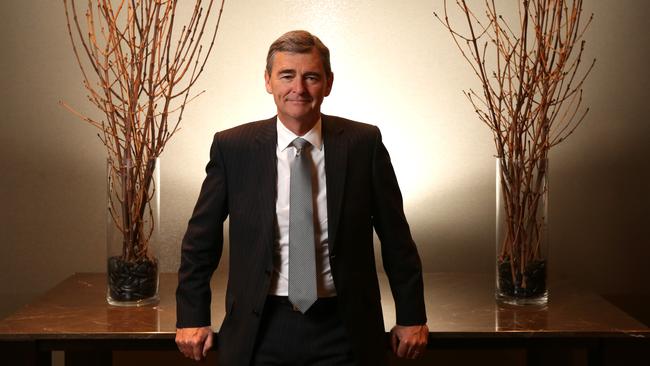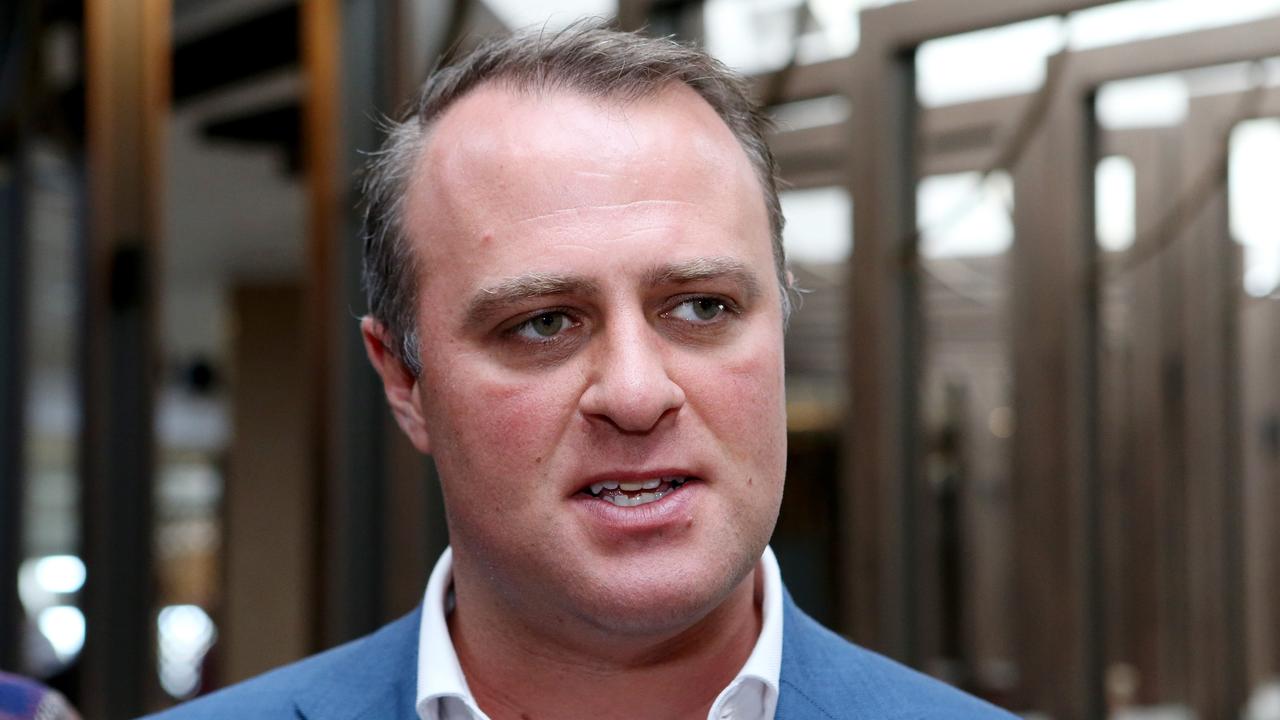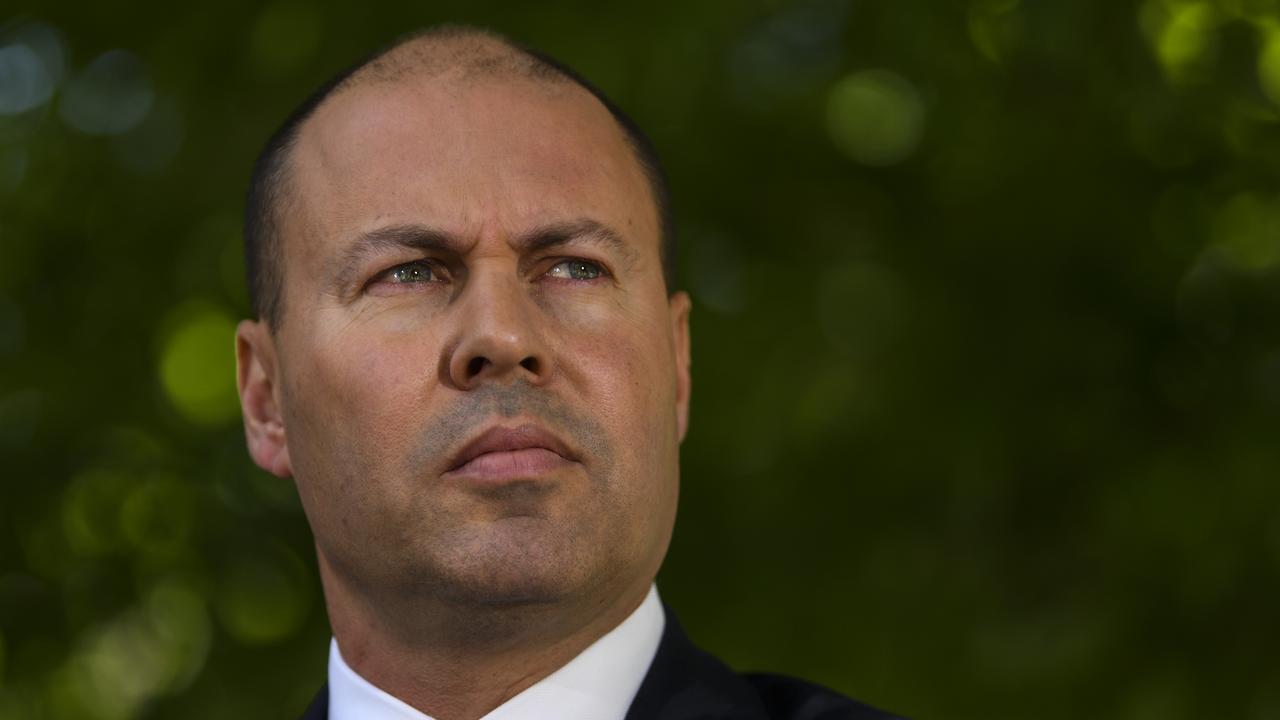Shorten targets capital gains, FBT
Bill Shorten has signalled an assault on high-income-earner tax loopholes but former Labor premier John Brumby said a GST rise was “inevitable’’.

Bill Shorten has put capital gains tax and fringe benefits tax on a potential Labor reform hit list, signalling an assault on high-income-earner tax loopholes.
The Opposition Leader, speaking at the Rebuilding Foundations for Reform conference, sponsored by The Australian and The Melbourne Institute, promised unconditional opposition to an increase in the GST to 15 per cent but said high-income-earner tax concessions should be on the table.
In a staunch response to the tax reform debate sparked by Malcolm Turnbull and Scott Morrison, Mr Shorten said fairness should be at the heart of the tax reform debate — but raising the GST was not fair.
However, former Victorian premier John Brumby, the chief advocate for a higher GST on the Labor side, said a move to a 15 per cent rate and a broader base was “inevitable” because of unsustainable state deficits.
Mr Shorten promised Labor would take a comprehensive tax plan to the next election and offer voters a clear choice on tax.
“There will be an absolute choice at the next election,” Mr Shorten said. “Tax will be one issue which Labor will have comprehensive policies on.’’
Mr Brumby, speaking on the sidelines of the conference, declined to attack Mr Shorten’s opposition to increasing the GST.
But he said the debate had become much more cohesive since Mr Turnbull came to power and it was possible to raise the GST and retain fairness through effective compensation.
“You can make it as fair as you want to,’’ Mr Brumby told The Weekend Australian. “It depends on the compensation provisions.”
Mr Turnbull, in igniting a tax debate, has left all options on the table without directly committing to any.
The Treasurer this week targeted high marginal income tax rates and the fact that average wage earners would be in the second-highest tax bracket next year as he pushed the case for reform.
Mr Shorten homed in on high-income-earner tax concessions.
“We have taxpayers in the top personal income tax bracket which account for 2.7 per cent of the total number of taxpayers,’’ he said. “But they also account for 55 per cent of the total capital gains income.’’
He said those taxpayers accounted for 12 per cent of total income from reportable fringe benefits. “They are able to avail of a system where they’re 2½ times more likely to be able to claim tax concessions than other income earners,’’ Mr Shorten said.
He said the tax system was “effectively a subsidy’’ to high-income earners able to access privileged forms of income streams.
He claimed the government just wanted to put in a blanket GST rise “and increase the cost of everything’’. “I just wonder if our tax concessions are as well calibrated as they should be,” Mr Shorten said.
“Is it fair that a very few people are able to avail themselves of a great deal of the tax concessional system? And other Australians avail themselves of very little?’’
Tax office figures show the top 1.5 per cent of income earners pay 26 per cent of income tax after deductions.
Mr Brumby said there was no doubt the GST needed to rise. “Whether it occurs next year or the year after or in five years’ time it is inevitable,’’ he said.
“The average rate across most developed economies is now about 20 per cent. We are at 10 per cent with a very narrow base. So the big question is not really whether there is an increase in the GST, it is: where do the proceeds go?
“You have to ensure there is no disincentive to low-income families and workers.”
He also called for the debate to include reducing income tax, and winding back negative gearing and superannuation tax concessions for the wealthy.
His comments came on a day that revealed the schisms on the GST debate cut across party lines, with Tasmanian Liberal Treasurer Peter Gutwein joining Mr Shorten in opposing a GST increase on the grounds it would hurt the poor and leave Tasmania worse off. “What government in their right mind would even consider signing up to a deal like that?” he said.
Grattan Institute chief executive John Daley said the states would demand all of the $27bn per year of proceeds of any GST increase.
He said that meant the commonwealth would have to get out of funding either health or education, both of which receive $15bn per annum in federal funds via tied grants, to preserve enough money to offer income tax cuts and welfare increases to soften the 15 per cent GST blow. “That’s going to be the price of reform,’’ he said.


